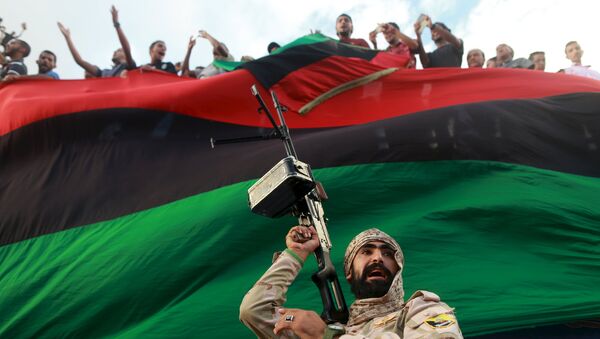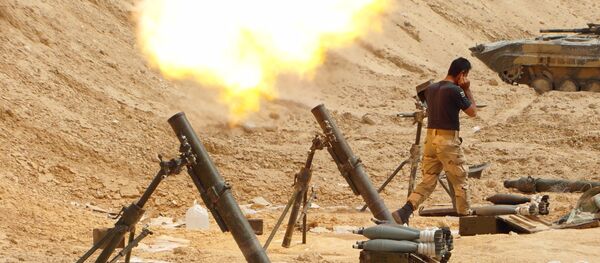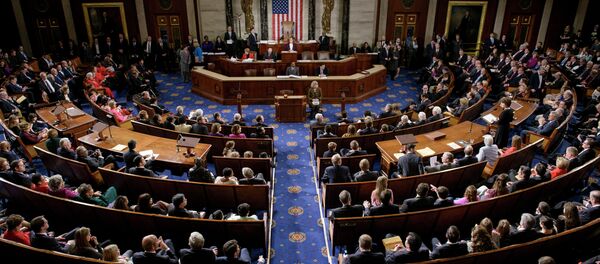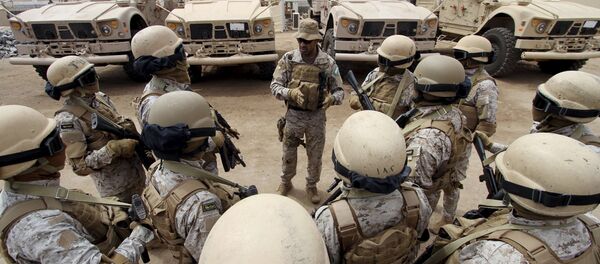Those who praised Washington's Libyan military campaign as "a model intervention," at the same time closed their eyes to the chaos that engulfed the country following the US-NATO invasion, Benjamin H. Friedman, a research fellow in defense and homeland security studies at the Cato Institute, notes.
In his article for the National Interest the American scholar argues with Shadi Hamid of the Brookings Institution. In his analysis for Vox, Hamid, a proponent of the US invasion of Libya, claims that most of the criticism of the intervention does not hold water.
"Critics erroneously compare Libya today to any number of false ideals, but this is not the correct way to evaluate the success or failure of the intervention. To do that, we should compare Libya today to what Libya would have looked like if we hadn't intervened. By that standard, the Libya intervention was successful: The country is better off today than it would have been had the international community allowed dictator Muammar Gaddafi to continue his rampage across the country," Hamid underscored.
There is no evidence to confirm Hamid's assumption, that Muammar Gaddafi was about to launch an all-out war against the people of Libya, Friedman underscores.
"As people like me, Daniel Larison, Steve Walt, Steve Chapman and especially Alan Kuperman point out, when Gaddafi's forces had the chance to slaughter civilians in rebel towns, they committed some war crimes, but did not engage in wholesale slaughter," Friedman writes.
Furthermore, the US scholar expresses doubts that the Libyan civil war would have escalated to Syrian proportions. "No mass slaughter was imminent in Libya," Friedman underscores.
"A more likely outcome is that casualties would have continued at roughly their 2011 pace- about one-fifth the annual toll in Syria," he stresses, adding that the Libyan leader was targeting armed rebels, not peaceful civilian protesters.
Friedman cites the essay by American academic Alan Kuperman, published in 2013 — "A Model Humanitarian Intervention? Reassessing NATO's Libya Campaign."
"The conventional narrative is flawed in its portrayal of both the nature of the violence in Libya prior to the intervention and NATO's eventual objective of regime change. An examination of the course of violence in Libya before and after NATO's action shows that the intervention backfired," Kuperman underscored.
"The intervention extended the war's duration about sixfold; increased its death toll approximately seven to ten times; and exacerbated human rights abuses, humanitarian suffering, Islamic radicalism, and weapons proliferation in Libya and its neighbors," he stressed.
Friedman recalls that Gaddafi's successful advance back in March 2011 became a trigger for NATO's military action, which resulted in chaos and the collapse of the state.
"Intervention made the state's collapse likely by sweeping aside the existing order and handing power to disorganized militias," the US scholar emphasizes.
In this context an old Arab proverb comes to mind: "Better a century of tyranny than one day of chaos."




